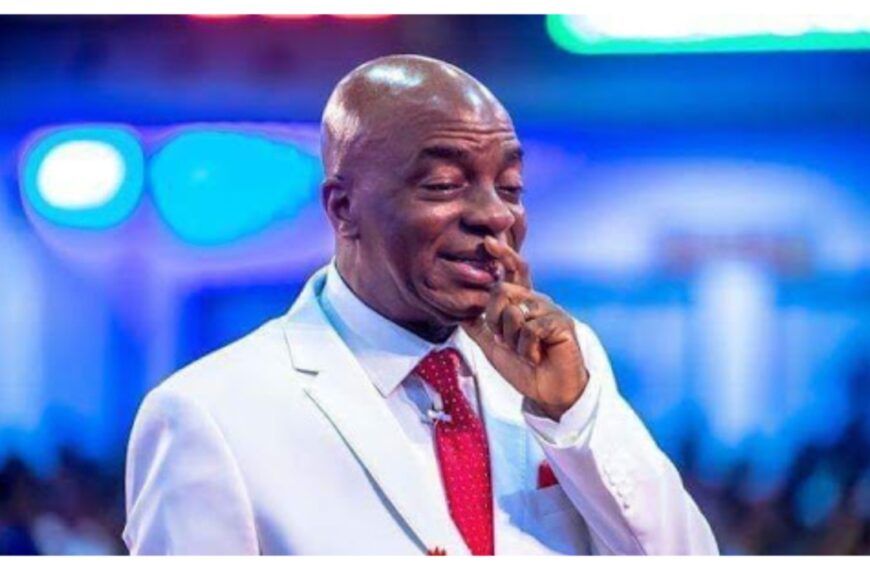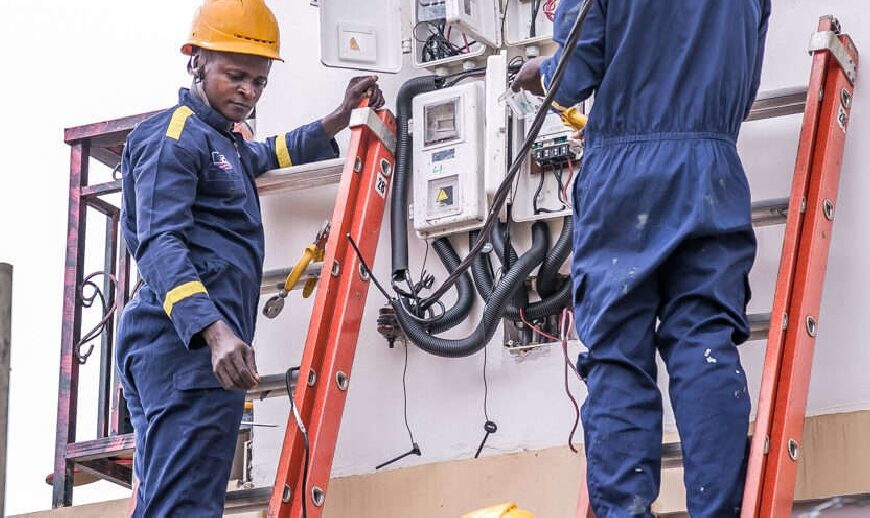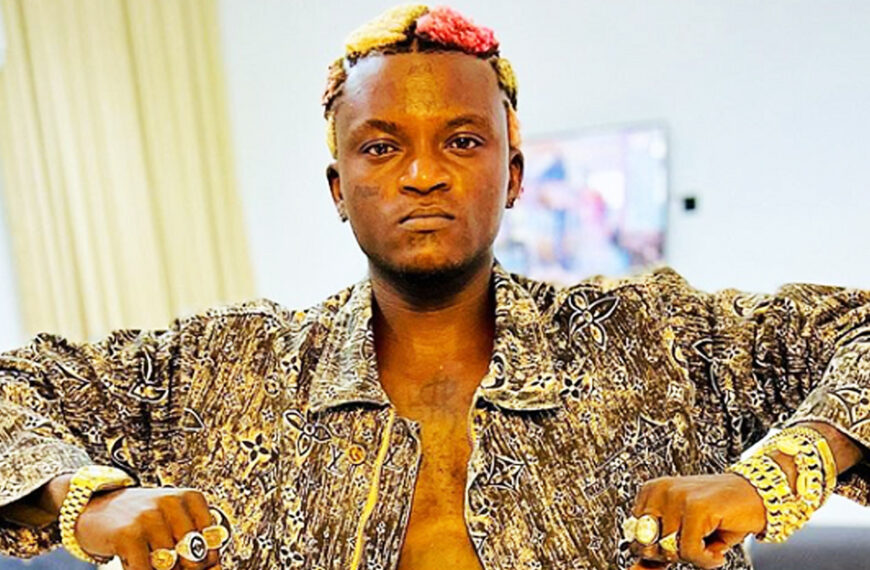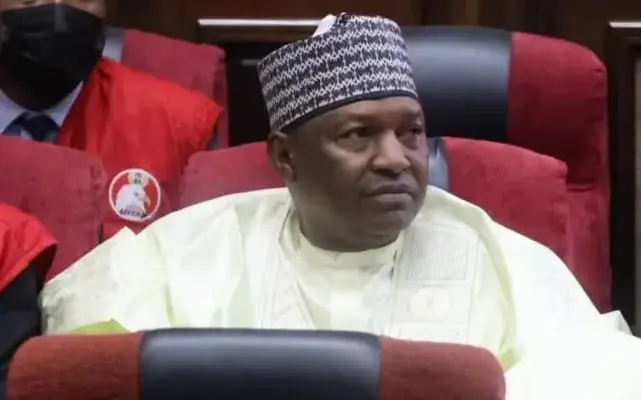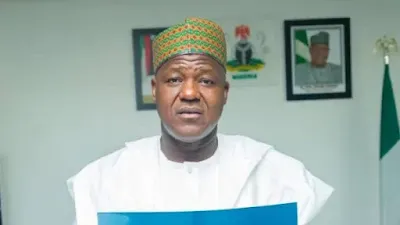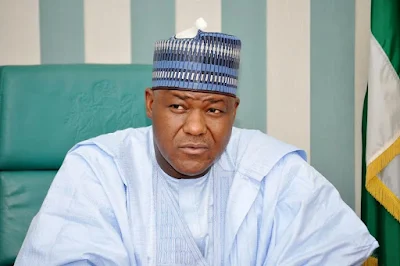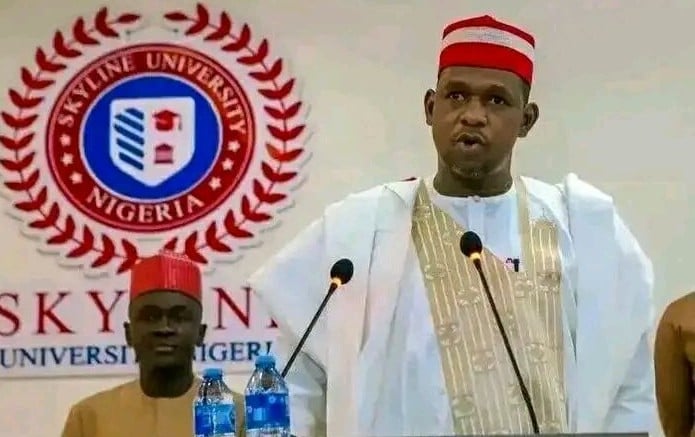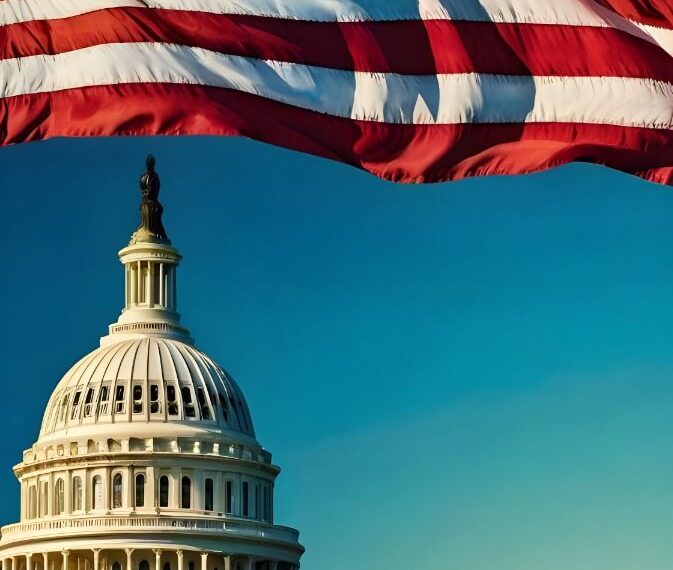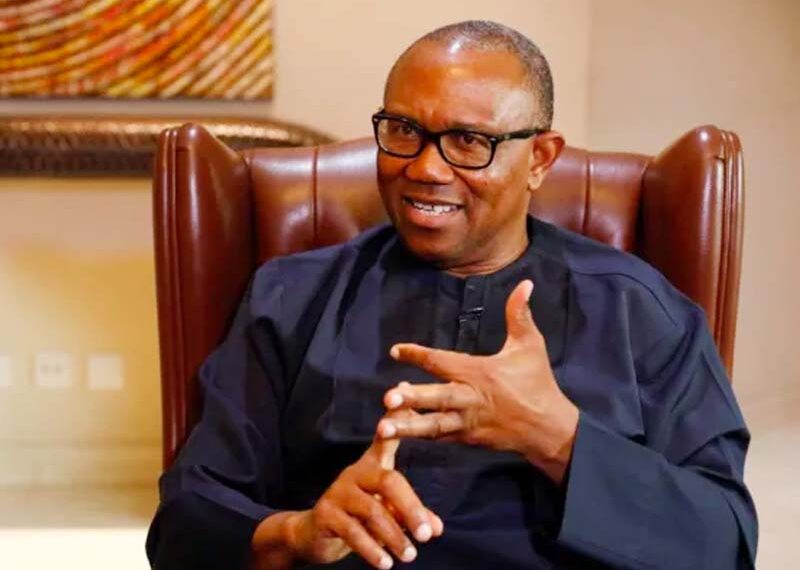Abuja, Nigeria – October 27, 2025
In a dramatic turn at the Federal High Court in Abuja, the leader of the proscribed Indigenous People of Biafra (IPOB), Nnamdi Kanu, announced that he would waive his defence in his terrorism trial — a decision that triggered a firm caution from the presiding judge, Justice James Omotosho.
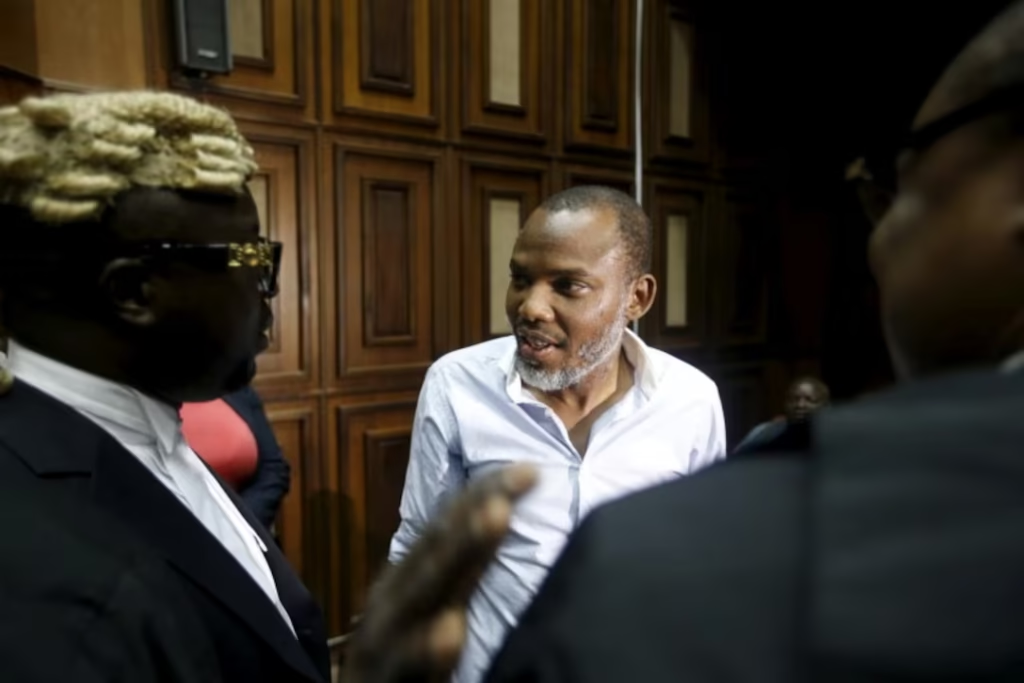
Key Developments
Kanu told the court that after reviewing the prosecution’s case file, he concluded that there was no valid charge against him and that the prosecution had presented no legal basis for the case.
As a result, he abandoned plans to call 23 defence witnesses — a list that reportedly included two American citizens — and filed a “no-case” submission instead of putting forward a formal defence.
Justice Omotosho reminded Kanu that by foregoing his defence, he was effectively relying solely on the prosecution’s case. The judge directed him to submit a written address articulating his position and advised that he consult criminal-law experts to fully understand the implications of waiving the defence.
The court then adjourned proceedings to November 4–6, 2025, for the adoption of final written addresses — whether the defence will proceed or Kanu will maintain his decision to waive it.
Background
Kanu is facing a seven-count charge that includes terrorism and broadcasting falsehoods, charges linked to his campaign for the secession of Nigeria’s south-east region and parts of neighbouring states.
The prosecution closed its case earlier this year after presenting five witnesses. Earlier in the trial, Kanu’s legal team challenged the court’s jurisdiction, arguing that his extradition from Kenya and subsequent trial were unlawful. However, the court ruled that a prima facie case existed and dismissed most of those preliminary objections.
Implications of Waiving the Defence
Waiving one’s defence in a criminal trial is a serious and strategic decision. As the judge explained, unless the defendant presents witnesses, evidence, or submissions, the trial may proceed based solely on the prosecution’s case — increasing the risk of conviction if the prosecution’s evidence is found credible.
Kanu’s position is that because the charges are, in his view, invalid and unconstitutional, a defence would only legitimise what he considers an unlawful prosecution.
If the court accepts his position, the burden remains on the prosecution to prove guilt beyond reasonable doubt. However, by waiving his defence, Kanu loses the opportunity to challenge or rebut the prosecution’s evidence directly.
Why This Matters
- Legal precedent and rights: The case highlights key questions of criminal procedure, the rights of the accused, and how Nigerian courts handle terrorism and separatist trials.
- Political significance: As the figurehead of a controversial separatist movement, Kanu’s case has major political implications for Nigeria’s unity, national security, and approach to dissent.
- International attention: Kanu’s dual citizenship and high-profile activism ensure that the trial is under international scrutiny regarding fairness and due process.
- Judicial efficiency: Justice Omotosho has emphasised that the court intends to conclude proceedings promptly and will not tolerate unnecessary delays.
What to Watch Next
- Whether Kanu will maintain his decision to waive defence or change strategy.
- The contents of his written address and the prosecution’s response.
- How the court will rule on whether the prosecution’s case alone suffices for conviction.
- The reaction from IPOB supporters, human-rights observers, and the broader public.
- The impact the outcome could have on Nigeria’s approach to separatist movements and terrorism prosecutions.
In summary, Nnamdi Kanu’s decision to waive his defence represents a pivotal moment in one of Nigeria’s most politically charged trials. By choosing to rely solely on the prosecution’s evidence, Kanu has taken a high-risk stance that could either expose weaknesses in the government’s case or leave him vulnerable to conviction. The coming weeks will reveal whether his legal gamble pays off — and what it means for the future of separatist activism and justice in Nigeria.


